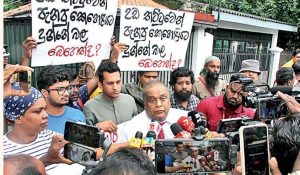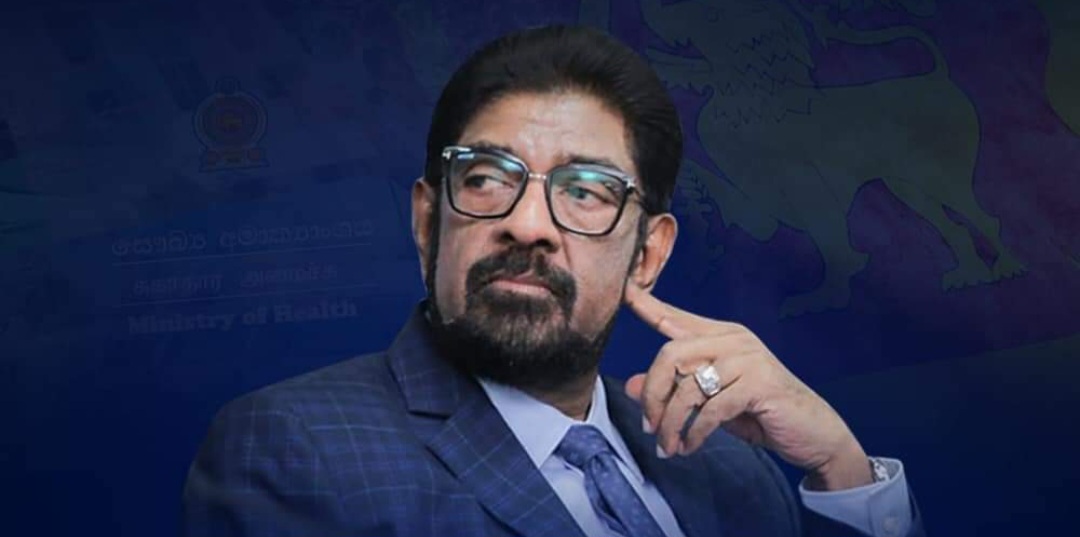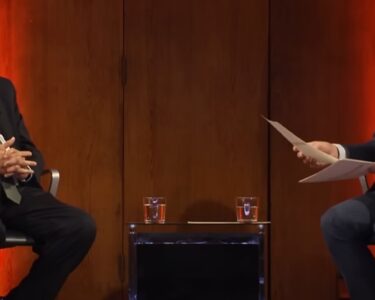Fake Drugs: The main focus is on the purchase of “outright fake medication” like human immunoglobulin injections with no immunoglobulin. This involved officials signing paperwork for these purchases.
“Special Pathway”: Minister Rambukwella introduced a “special pathway” to bypass vetting for medical purchases, leading to overpriced, low-quality medication entering the country.

Unsolicited Proposals: Bypassing standard procedures, many procurements were based on unsolicited proposals without consulting technical experts, facilitating the entry of fake drugs.
Cabinet Misled: Investigations suggest Cabinet was misled about procurements and waivers granted for registration, despite warnings from the Finance Minister.
Emergency Procurement: While initially introduced for COVID-19, emergency procurement was extended without proper safeguards, causing the scandal.
Health Ministry’s Role: Minister Rambukwella’s controversial measures, Cabinet approvals with conditions, and potential lack of internal monitoring by the Health Ministry are under scrutiny.
Finance Minister’s Observations: Mr. Wickremesinghe, as Finance Minister, expressed concerns about bypassing procedures and suggested alternative solutions, but his concerns seemed disregarded.
Further Investigation: Ongoing probes by CID and NAO are expected to reveal more details about the extent of the scandal and the potential culpability of individuals.
This scandal highlights:
Corruption and misuse of emergency measures.
Lack of transparency and accountability in procurement procedures.
Potential harm to patients due to low-quality and fake medication.







